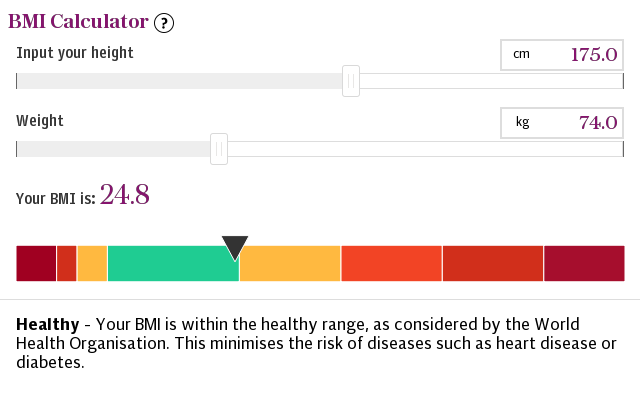Educate yourself slim: how earning a degree knocks one point of BMI

Studying for a degree could help people stay slim and healthy, researchers believe, after researchers finding that every three-and-a-half years spent in education knocks one point of BMI.
Scientists have known for some time that staying in education for longer protects against strokes and heart attacks, but never knew why.
Now after looking after the schooling of 200,000 people enrolled in the UK Biobank cohort they discovered its because the better educated are slimmer, less likely to smoke and have low blood pressure.
Each 3.6 additional years in education was linked to a reduction in BMI of 1kg/m2, and a reduction in systolic blood pressure of 3mm/Hg.
A BMI between 18.5 and 24.9 is generally considered healthy, while systolic blood pressure should be between 90 and 120.
Dr Dipender Gill, co-first author of the work from Imperial College London’s School of Public Health, said: “Although we know from previous research that someone who spends more time in education has a lower risk of heart disease and stroke, we didn’t know why.
“Surprisingly, our research suggests only half of this protective effect comes from lower weight, blood pressure and less time smoking.
“We now need to investigate what other reasons may link education and lower cardiovascular disease risk. One possibility is that people who spend more time in education tend to engage more with healthcare services, and see their doctor sooner with any health complaints.”

Previous research showed every 3.6 years spent in education can reduce a person’s risk of heart disease by a third. Researchers say now that they know what is behind the reduced risk it could be easier to focus on policies to reduce weight, smoking and blood pressure.
Alice Carter, of the University of Bristol, the first author on the new paper, said: “Intervening on education is difficult to achieve and requires large amounts of both societal and political change. Our work shows that there are opportunities to intervene, after education is completed, to reduce the potential risk of heart disease.
“By lowering BMI, blood pressure or rates of smoking in individuals who left school at an earlier age, we could reduce their overall risk of heart disease. However, it is important to note this work looks at the effect of education on a population level risk of heart disease - and leaving school earlier does not necessarily mean an individual will go on to develop heart disease.”
The research was published in the BMJ.
